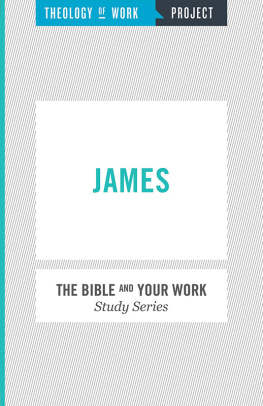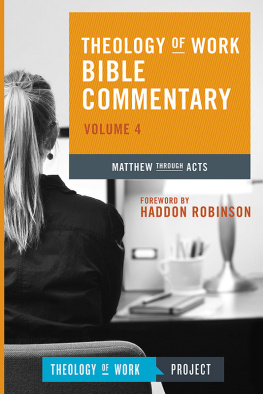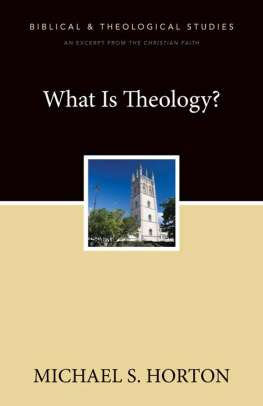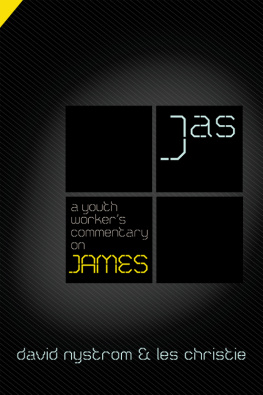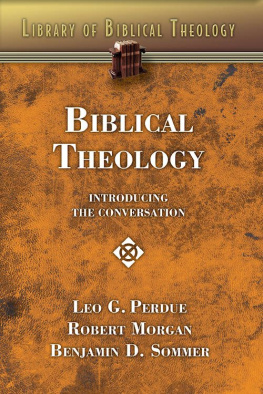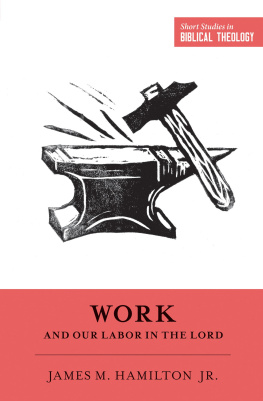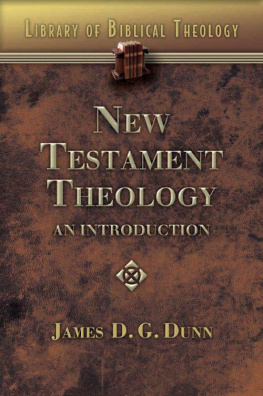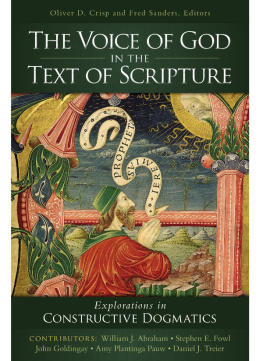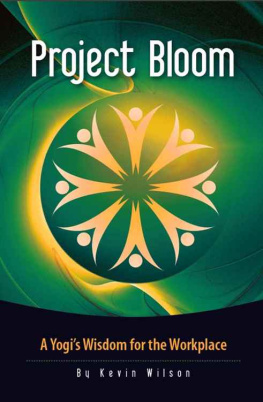Theology of Work,The Bible and Your Work Study Series: James (eBook edition)
2014 by Hendrickson Publishers Marketing, LLC
P.O. Box 3473
Peabody, Massachusetts 01961-3473
ebook ISBN 978-1-61970-653-8
Adapted from the Theology ofWork Bible Commentary, copyright 2014 by the Theology of Work Project, Inc. All rights reserved.
All Scripture quotations, unless otherwise indicated, are taken from the Holy Bible, New International Version, NIV. Copyright 1973, 1978, 1984, 2011 by Biblica, Inc. The NIV and New International Version are trademarks registered in the United States Patent and Trademark Office by Biblica, Inc.
Scripture quotations marked (NRSV) are taken from the New Revised Standard Version Bible, copyright 1989, Division of Christian Education of the National Council of the Churches of Christ in the U.S.A., and are used by permission. All rights reserved.
William Messenger, Executive Editor, Theology of Work Project
Sean McDonough, Biblical Editor, Theology of Work Project
Patricia Anders, Editorial Director, Hendrickson Publishers
Contributors:
Alison Gerber, James Bible Study
Kelly Liebengood and Al Erisman, The General Epistles and Work in the Theology of Work Bible Commentary
The Theology of Work Project is an independent, international organization dedicated to researching, writing, and distributing materials with a biblical perspective on work. The Projects primary mission is to produce resources covering every book of the Bible plus major topics in todays workplaces. Wherever possible, the Project collaborates with other faith-and-work organizations, churches, universities, and seminaries to help equip people for meaningful, productive work of every kind.
Due to technical issues, this eBook may not contain all of the images or diagrams in the original print edition of the work. In addition, adapting the print edition to the eBook format may require some other layout and feature changes to be made.
First eBook edition October 2014
Contents
The Theology of Work
Work is not only a human calling but also a divine one. In the beginning God created the heavens and the earth. God worked to create us and created us to work. The LORD God took the man and put him in the garden of Eden to till it and keep it (Gen. 2:15). God also created work to be good, even if its hard to see in a fallen world. To this day, God calls us to work to support ourselves and to serve others (Eph. 4:28).
Work can accomplish many of Gods purposes for our livesthe basic necessities of food and shelter, as well as a sense of fulfillment and joy. Our work can create ways to help people thrive. Our work can discover the depths of Gods creation. Our work can bring us into wonderful relationships with co-workers and those who benefit from our work (customers, clients, patients, and so forth).
Yet many people face drudgery, boredom, or exploitation at work. We have bad bosses, hostile relationships, and unfriendly work environments. Our work seems useless, unappreciated, faulty, frustrating. We dont get paid enough. We get stuck in dead-end jobs or laid off or fired. We fail. Our skills become obsolete. Its a struggle just to make ends meet. But how can this be if God created work to be goodand what can we do about it? Gods answers to these questions must be somewhere in the Bible, but where?
The Theology of Work Projects mission has been to study what the Bible says about work and to develop resources to apply the Christian faith to our work. It turns out that every book of the Bible gives practical, relevant guidance that can help us do our jobs better, improve our relationships at work, support ourselves, serve others more effectively, and find meaning and value in our work. The Bible shows us how to live all of lifeincluding workin Christ. Only in Jesus can our work be transformed to become the blessing it was always meant to be.
To put it another way, if we are not following Christ during the 100,000 hours of our lives that we spend at work, are we really following Christ? Our lives are more than just one day a week at church. The fact is that God cares about our life everyday of the week. But how do we become equipped to follow Jesus at work? In the same ways we become equipped for every aspect of life in Christlistening to sermons, modeling our lives on others examples, praying for Gods guidance, and most of all by studying the Bible and putting it into practice.
This Theology of Work series contains a variety of books to help you apply the Scriptures and Christian faith to your work. This Bible study is one volume in the series The Bible and Your Work. It is intended for those who want to explore what the Bible says about work and how to apply it to their work in positive, practical ways. Although it can be used for individual study, Bible study is especially effective with a group of people committed to practicing what they read in Scripture. In this way, we gain from one anothers perspectives and are encouraged to actually do what we read in Scripture. Because of the direct focus on work, The Bible and Your Work studies are especially suited for Bible studies at work or with other people in similar occupations. The following lessons are designed for thirty-minute lunch breaks, although they can be used in other formats as well.
Christians today recognize Gods calling to us in and through our workfor ourselves and for those whom we serve. May God use this book to help you follow Christ in every sphere of life and work.
Will Messenger, Executive Editor, Theology of Work Project
Chapter 1: Trust
Lesson #1: A Place to Start (James 1:18)
Jamess original readersscattered among the nations (James 1:1)were facing trials of many kinds (1:2). They were living in countries that were struggling through political instability and famine, where loss of property and ethnic discrimination were common. There was friction in the church along class lines, and fractures among their once close communities were beginning to form.
Though our lives might be free from famine or the kind of ethnic and religious persecution these first-century Christians were facing, none of our lives is free from difficulty and neither are our workplaces. The twenty-first-century workplace is rife with stories of harassment, discrimination, bullying, and burnout. Like never before, workers face the fear of unemployment, underemployment, being underpaid, and of carrying the burden of an unreasonable workload. In many places of the world, corruption is a constant drain on prosperity, and we all face daily ethical challenges, no matter where we work. People at every level in our organizations cause problems for which we must find solutions. We have colleagues with whom we just cant seem to get along. We toil through long hours and yet continue to feel a lack of direction, purpose, or security at the core of our existence.
Into a world under pressure, Scripture speaks. James reminds these early believers, and us, that we can, and must, trust God to provide the wisdom we need to live through difficult and uncertain times.

Food for Thought
What struggles are you facing right now in your workplace as we begin this study together? Spend some time listing these, and then ask God if he wouldover the next few weeks as we dig into his wordbreathe his wisdom into those areas of your life that need it.

